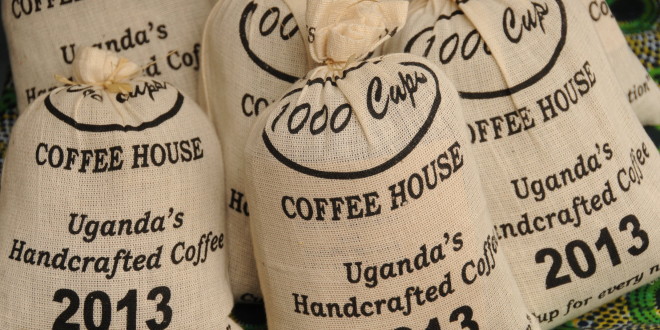World production in coffee year 2018/19 is estimated to be 3.7 per cent higher at 168.87 million bags, which includes part of the new crop for producing countries with crop years commencing in April and July.
According to International Coffee Organisation (ICO), report for September 2019, production of both Arabica and Robusta increased in 2018/19, though the majority of the increase came from Robusta, which grew 6.7 to 66.04 million bags compared to coffee year 2017/18. Arabica production increased by 1.8 per cent to 102.68 million bags.
Output rose in all regions except for Mexico and Central America, where the harvest declined by 0.8 per cent to 21.47 million bags. Nearly half of the world’s coffee was produced in South America, where production is estimated 4.8 per cent higher at 80.95 million bags in coffee year 2018/19. Production grew by 4.6 per cent in Asia & Oceania to 48.46 million bags, while output in Africa rose by 1.9 per cent to 17.99 million bags.
The larger supply in coffee year 2018/19 is reflected in increased shipments. In the first eleven months of coffee year 2018/19, world coffee exports were 9.2 per cent higher than in the same period for coffee year 2017/18, amounting to 120.28 million bags.
Tanzania and Kenya also shipped more coffee during this period, with their exports rising by 47.4 per cent to 1.04 million bags and by 11 per cent to 743,203 bags, respectively. An increase of 31.1 per cent to 38.72 million bags from Brazil led the growth in shipments of Brazilian Naturals. However, shipments from Ethiopia, the second largest exporter of Brazilian Naturals, decreased by 4.8 per cent to 3.23 million bags.
Robusta shipments increased by 5.6 per cent to 42.84 million bags in the first eleven months of coffee year 2018/19.
Uganda’s exports remained stable, increasing by 0.6 per cent to 4.09 million bags in October 2018 to August 2019. Côte d’Ivoire’s shipments grew by 49.1 per cent to 1.62 million bags, which more than offsets the 8.4 per cent decrease in exports from the Lao People’s Democratic Republic, amounting to 323,291 bags.
While shipments to date for the coffee year are higher, exports in August 2019 decreased by 4 per cent to 10.45 million bags compared to August 2018. Arabica shipments decreased by 2.3 per cent to 6.54 million bags, and Robusta by 6.6 per cent to 3.9 million bags. The decrease in Arabica shipments was led by Other Milds, which fell by 15.3 per cent to 1.99 million bags in August 2019, while exports of Brazilian Naturals remained stable at 3.27 million bags. Exports of Colombian Milds, however, rose by 18.3 per cent to 1.29 million bags.
Global coffee consumption is estimated to have risen by 2.1 per cent in coffee year 2018/19 at 164.82 million bags. Consumption in importing countries grew by 2.4 per cent to 114.51 million bags while exporting countries’ consumption rose by 1.3 per cent to 50.31 million bags, which represents 30.5 per cent of world consumption.
Coffee production in 2018/19 exceeded global consumption by 4.05 million bags, which marks the second year of surplus. The total cumulative surplus is 5.48 million bags. This surplus has contributed to the low prices this coffee year, with the composite indicator averaging 100.47 US cents/lb for October 2018 to September 2019
Additionally, exports in coffee year 2018/19 set a new record and put further pressure on prices. The total volume shipped in the first eleven months of coffee year 2018/19, 120.28 million bags, has already surpassed the total volume shipped in coffee year 2017/18.








